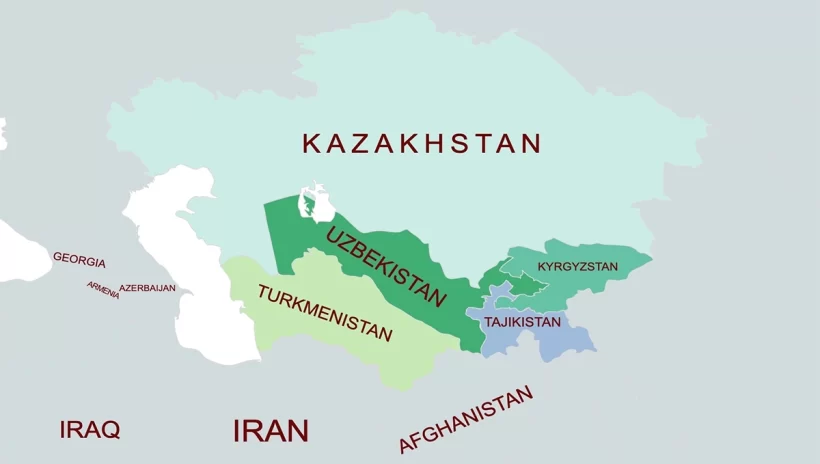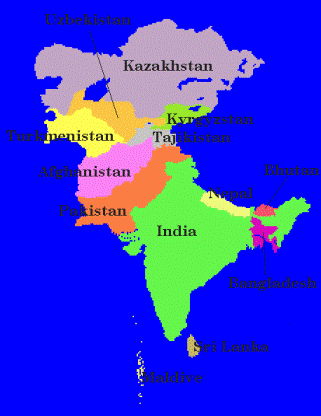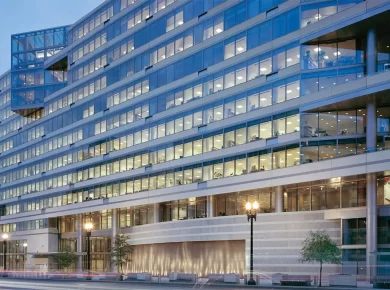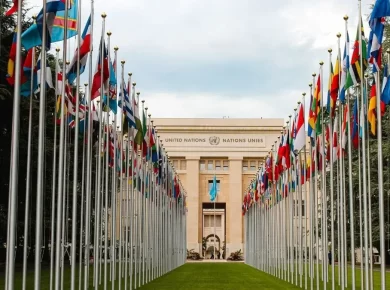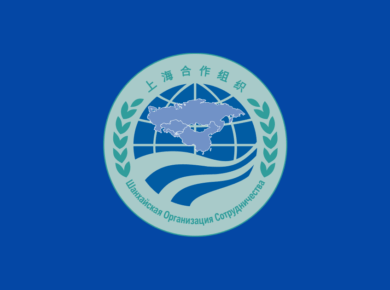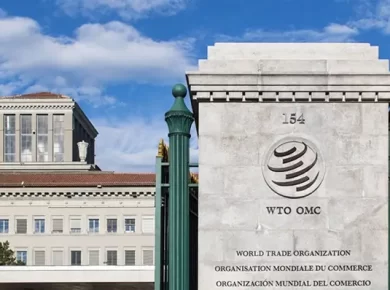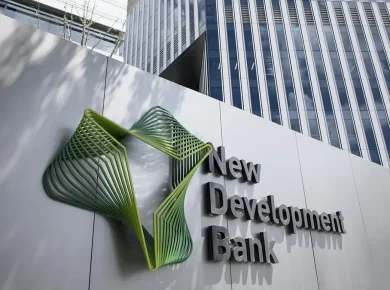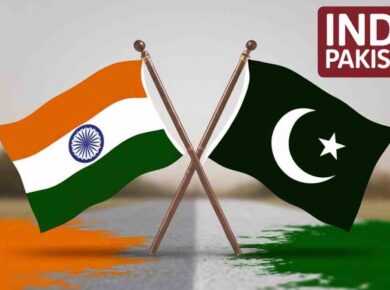India Central Asia Relations
Long historical, cultural and economic connections. The famous Silk Route not only connected the people and businesses, but also let the thoughts, culture and beliefs flow freely from one region to the other.
- India considers the Central Asian countries as part of its ‘extended and strategic neighbourhood
- In 2012, India announced the ‘Connect Central Asia’ policy with four major interests in Central Asia: security, energy, trade and mutual cooperation in various realms
Importance of Central Asia
- Energy security – Significant hydrocarbon (gas) and mineral resources (uranium) + close to India geographically
- Strategic Location – Geographically a bridge between different regions of Asia and between Europe and Asia
- Complementary Economies – India wants energy reserves, they want agricultural & pharmaceutical products
- Security – To tackle the challenge of terrorism, narcotics trafficking and arms smuggling – as it lies in neighborhood of ‘Golden Crescent’
- Central Asian nations and India can play effectively role in bringing normalcy in Afghanistan.
- Regional cooperation: Four central Asian Nations are part of SCO
Also read: India Myanmar relations and India Afghanistan relations
Challenges
- The key constraint India faces is the lack of direct access to Central Asia
- Central Asian region is land locked. It has hampered India’s relation with central Asia. Poor connectivity has also contributed to the below-par trade between India and Central Asia.
- The unstable situation in Afghanistan and a highly problematic India-Pakistan relation have deprived India from the benefit of relations with Central Asia.
- Chinese presence: Central Asia is part of Silk Road Economic Belt initiative
Latest development to connect central Asia
- India has become full member of SCO. Annual SCO summits will provide a forum to leaders of these countries to meet and discuss issues of bilateral and regional interest.
- India is a founding member of International North-South Transport Corridor, a multi-nation project to create transport and logistics infrastructure
- India plans to develop Chabahar port in Iran, which will allow access to landlocked Afghanistan and energy-rich Central Asia from Indian Ports
- India has acceded to Ashgabat Agreement, an international transport and transit corridor facilitating transportation of
- Goods between Central Asia and the Persian Gulf.
- Turkmenistan-Afghanistan-Pakistan-India (TAPI), expected to be completed by end 2019
India – Kazakhstan
- The biggest source of Uranium for India, besides Australia and Canada
- India was one of the first countries to recognize the independence of Kazakhstan.
- Have agreement on defence and military-technical cooperation
- Kazakhstan is India’s largest trading partner in Central Asia
- Kazakhstan is the biggest oil and gas producer in Central Asia
- Kazakhstan is supportive of India’s permanent membership of UNSC and full membership of SCO and India supported Kazakhstan’s candidature for non-permanent membership of UNSC for 2017-18.
✅ India–Central Asia Relations: 10 Key Points
-
Historical and Cultural Ties: India shares deep-rooted connections with Central Asia through Silk Route trade, Buddhism, and Sufi cultural exchanges dating back centuries.
-
Extended Neighbourhood Policy: Central Asia is a core focus under India’s “Extended Neighbourhood Policy”, emphasizing stronger engagement beyond South Asia.
-
Strategic Importance: Central Asia is vital for India’s energy security, regional connectivity, and as a counterbalance to China’s growing influence in the region.
-
Energy Cooperation: India has invested in oil and gas projects, notably in Kazakhstan and Turkmenistan, and seeks long-term energy partnerships to meet its growing demand.
-
International North-South Transport Corridor (INSTC): This project connects India to Central Asia via Iran, reducing transit time and cost for goods and improving regional connectivity.
-
Chabahar Port & TAPI Pipeline: India uses Iran’s Chabahar Port to bypass Pakistan for trade with Central Asia. The TAPI gas pipeline (Turkmenistan-Afghanistan-Pakistan-India) also plays a key strategic role.
-
India–Central Asia Summit: The first-ever India–Central Asia Summit was held in 2022, enhancing dialogue on security, economy, and regional stability.
-
SCO Engagement: India’s membership in the Shanghai Cooperation Organisation (SCO) provides a key platform to engage with Central Asian countries on security, terrorism, and connectivity.
-
Trade and Investment: Although current trade is below potential (~$2 billion), India is working to enhance trade through connectivity projects, investment agreements, and technology cooperation.
-
Security and Counterterrorism: India collaborates with Central Asian countries on counterterrorism, radicalization, and drug trafficking, supporting regional peace and security.
For more updates, explore the IR & Security Category. Feel free to share your thoughts and comments
If you’re passionate about building a successful blogging website, check out this helpful guide at Coding Tag – How to Start a Successful Blog. It offers practical steps and expert tips to kickstart your blogging journey!
